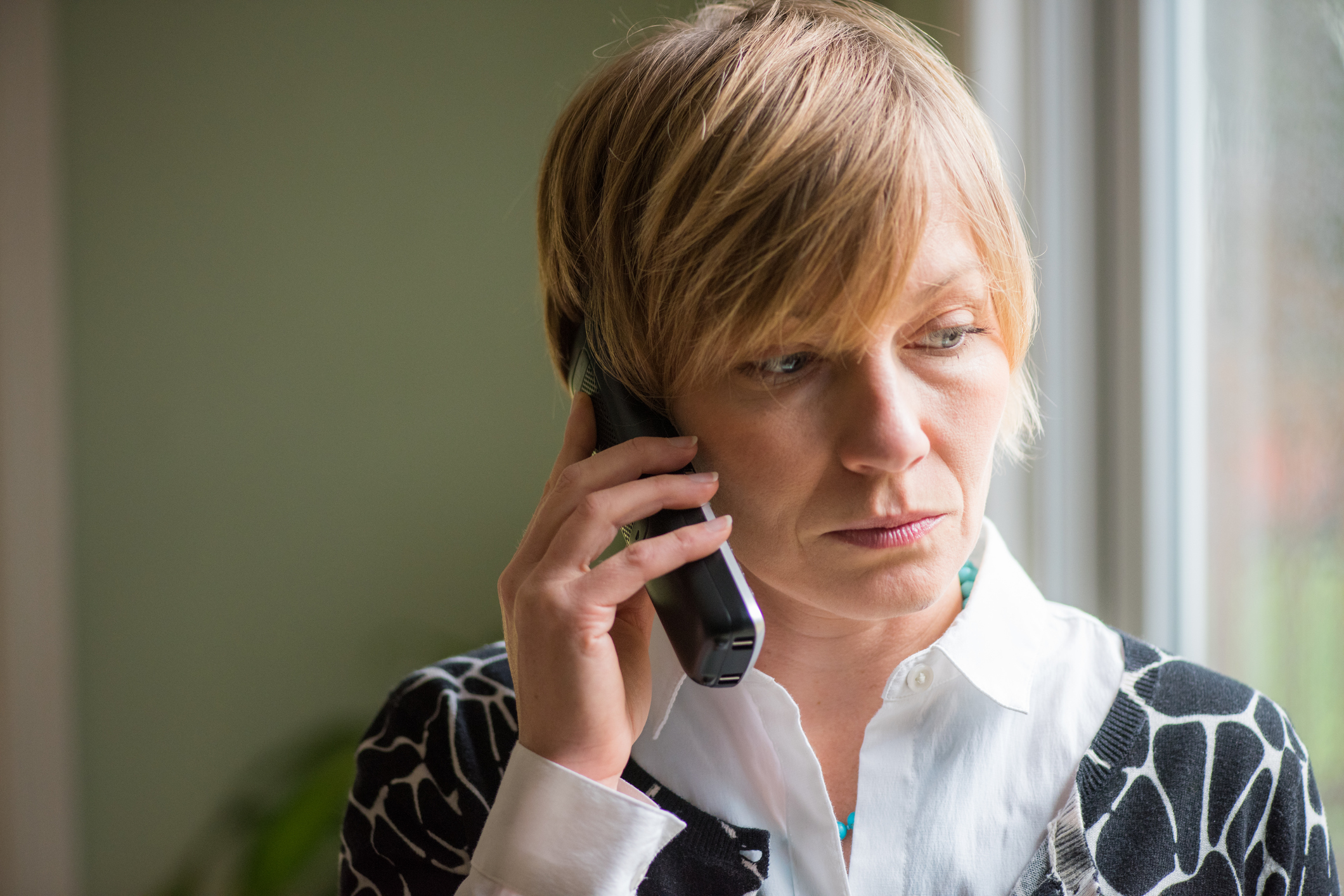Heart and lung function tests
Heart and lung function tests can check how well your heart and lungs are working before, during and after cancer treatment.
Lung function tests
These breathing tests can see how well your lungs are working – before and sometimes after treatment. The two main types of test are:
- Pulmonary function tests (PFTs): PFTs are breathing tests to check how well your lungs work. You blow into a mouthpiece on a machine. PFTs are not painful and take about 20 minutes.
- Cardiopulmonary exercise stress test or CPET: CPET measures your heart rate and breathing during exercise. You will be asked to do some exercise – such as riding an exercise bike – while breathing through a mouthpiece. You don’t have to be fit to do the test. It lasts for about 40 minutes.
Heart tests
These tests can see how well your heart is working. They may be used to check your general health or to see if treatment has affected your heart. For example, some chemotherapy drugs can affect the muscles of the heart (this is usually temporary).
The two main types of test are:
- ECG: Sensors are attached to your skin that can pick up the signals produced by your heart when it beats.
- Echocardiogram (‘Echo’ scan): This is a type of ultrasound that can produce a moving image of your heart at work, and nearby blood vessels, and give information about your heart function.

We provide transport and limited financial grants (Travel2Care) for those in need who are in cancer treatment.

We fund professional one-to-one counselling for anyone affected by cancer remotely (over the phone/online) or in person in certain cancer support centres around the country.

Our Telephone Interpreting Service helps you to speak to our Cancer Nurses in your own language.
Talk to a Cancer Nurse

Support Line
Our Cancer Nurses offer confidential advice, support and information for anyone affected by cancer. Call or email supportline@irishcancer.ie. Video calls available. Mon-Fri: 9am-5pm
Our Daffodil Centres

Our Daffodil Centres in 13 hospitals nationwide are staffed by Cancer Nurses and trained volunteers who provide face-to-face advice, support and information for anyone affected by cancer.
